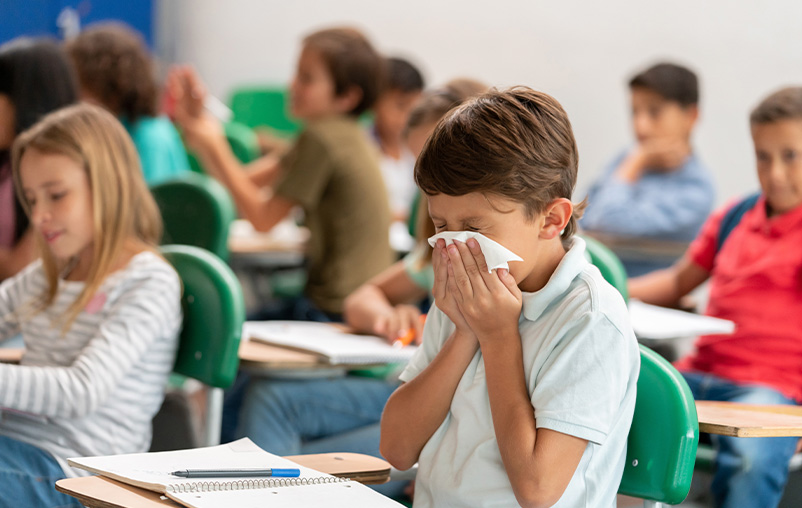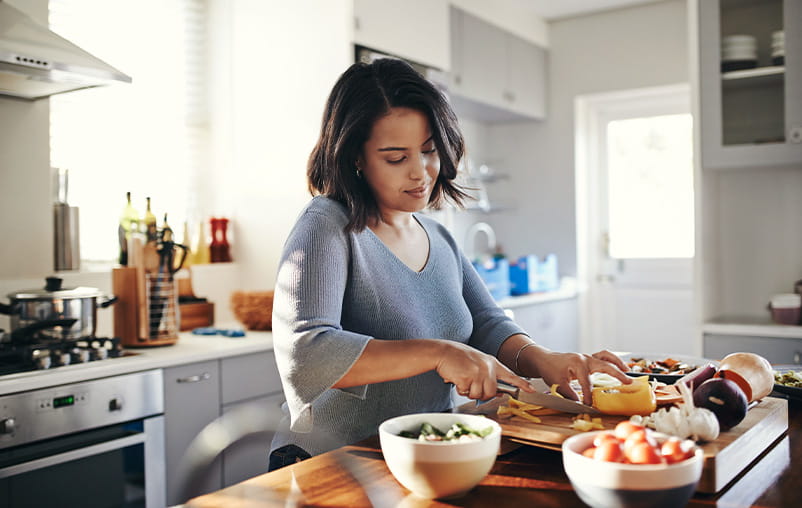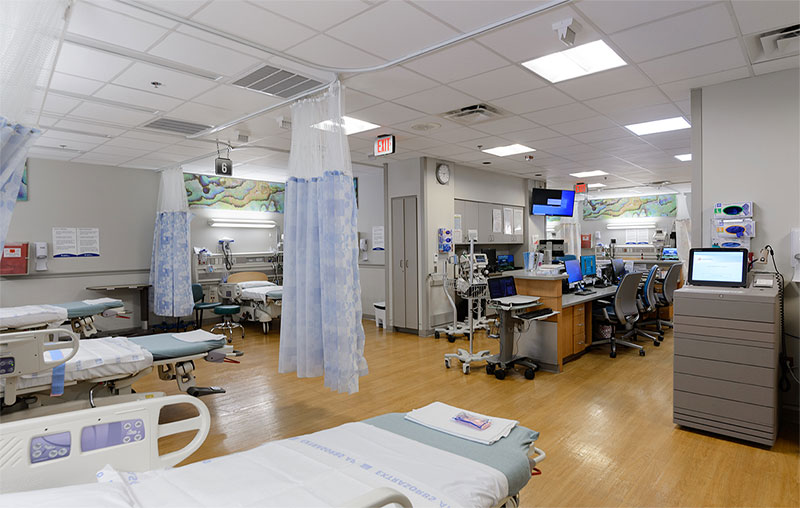As more people test positive for COVID-19, the general public is desperately searching for better ways to protect themselves.
Now we see people wearing gloves when we go out to shop for food or pick up prescriptions. We want to use everything we can to protect ourselves and our families from getting sick. Many want to know, ‘Does wearing gloves give me an added layer of protection?’
There’s a lot of information on the internet about the proper use of personal protective equipment or PPE as it’s commonly called. Most of it, however, is directed at healthcare workers.
When wearing gloves, continue to pay attention to what you touch
“Wearing gloves can give people a false sense of protection,” says Dr. Illeana Silva, a University Health pediatrician. "Unless you’re used to following specific protocols or behaviors when wearing gloves – it’s all too easy to grab for your phone when it rings or touch your face and the cross contamination begins."
Dr. Silva explains that people who wear gloves when they’re out in public touch many objects and then, without thinking about it, touch their eyes, nose or mouth where the virus can get in. “Unfortunately, whether you’re wearing gloves or not, when you touch your face, it has the same outcome - spreading the germs or virus. You should treat your gloves as if they’re dirty and be mindful of what you’re touching,” Dr. Silva said.
We touch our faces without thinking about it
According to the Association for Professionals in Infection Control and Epidemiology, it’s estimated that people touch their faces about 23 times per hour. Gloves can only be an additional barrier to germs or viruses if you know how to use them properly. Even if you wear gloves, if you touch unclean surfaces and then touch your face, you defeat the purpose of wearing the protective equipment.
Dr. Silva concluded, “When medical personnel use gloves, they change their gloves dozens of times a day and dispose of them in a closed container. When members of the public wear gloves during activities outside the home, if they don’t use them properly, they may actually create another surface for the virus to grow on.”
A nurse demonstrates how quickly cross contamination can happen.
If you continue to wear gloves when you’re out in the community, Dr. Silva recommends you follow these tips for maximum protection against getting the novel coronavirus:
- Avoid touching your face
- Sanitize the surfaces touched with gloves
- Don’t let your bare skin touch the outside of the gloves during removal
- Dispose of gloves in an appropriate trash receptacle
- Wash your hands or use hand sanitizer properly after glove removal
Whether you choose to wear gloves or not, the Centers for Disease Control and Prevention reminds the public that the best way to minimize your risk of getting this highly contagious virus is to wash your hands with soap and water for at least 20 seconds. Wash your hands immediately after blowing your nose, coughing, sneezing, going to the bathroom and before preparing or eating food.
The CDC now recommends that everyone wear a cloth face covering when out in public. A face cover shouldn’t be put on a child under the age of 2, on anyone who has trouble breathing or anyone who can’t remove the mask without assistance.
Additional steps recommended by the CDC are:
- Avoid contact with sick people
- Stay home when you’re sick – most people who get COVID-19 suffer from mild symptoms and recover at home. But it’s important to seek medical care if you become seriously ill
- Cover your coughs and sneezes with a tissue and then throw it away
- If soap and water aren’t available, use an alcohol-based hand sanitizer with at least 60% alcohol
- Always wash hands with soap and water if hands are visibly dirty
- Disinfect frequently touched surfaces and objects
At this time, the CDC is not telling people to wear gloves out in public. The agency provides a great deal of helpful information on how to best protect yourself from getting the virus and how to care for someone who’s sick with COVID-19.
The CDC does specify that caregivers should wear gloves when washing laundry, clothes or linens, touched by a COVID-19 positive person.
When washing potentially contaminated laundry, keep the items away from your body. After putting the items in the washing machine, remember to wash your hands after you remove your gloves.
We’re all learning about the unique characteristics of this new virus – how it spreads and what steps to take to defend against it. We recommend that you follow the advice of your primary care provider and follow nationally established guidelines provided by the CDC and the World Health Organization.
To keep up with the latest local developments, check out what the Metropolitan Health District in San Antonio has to say.





